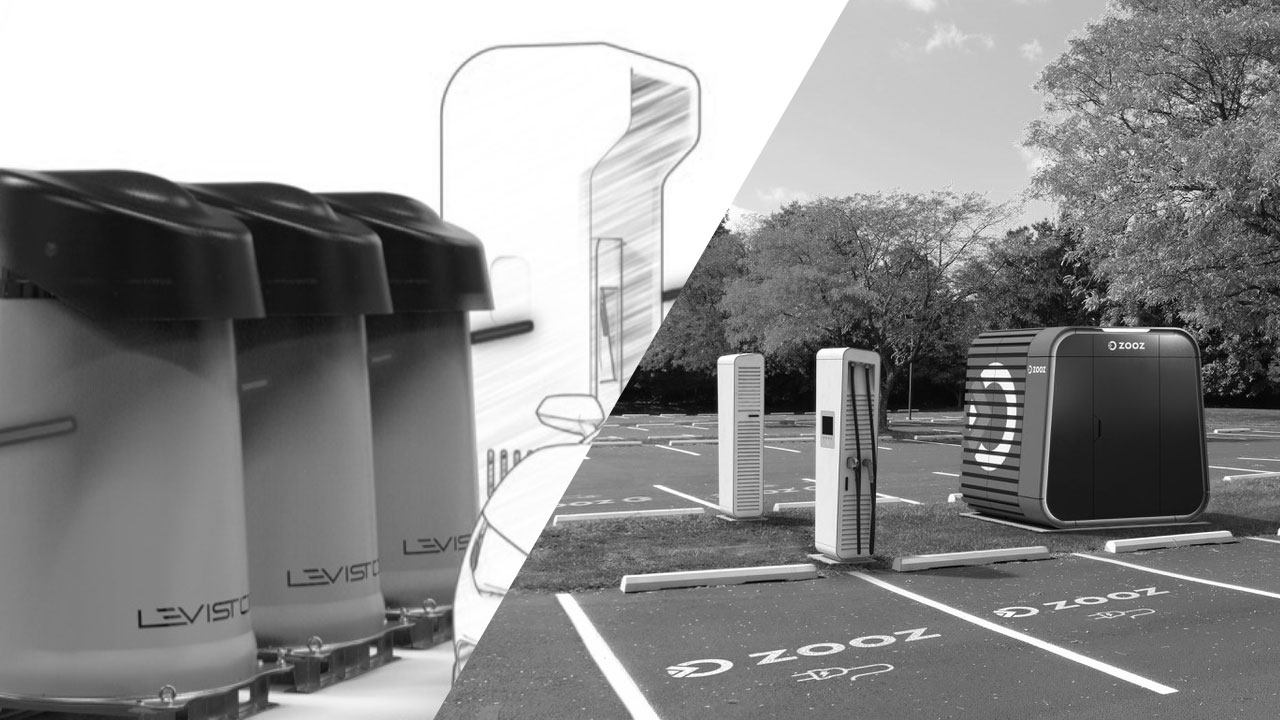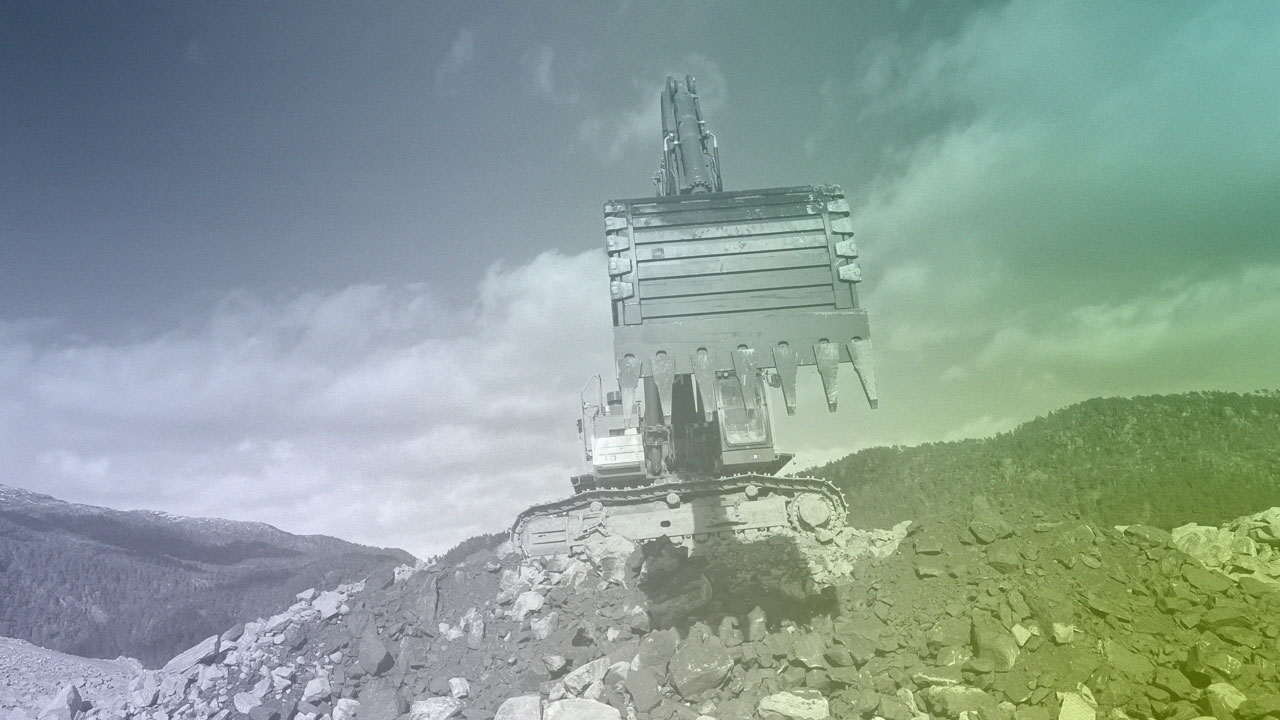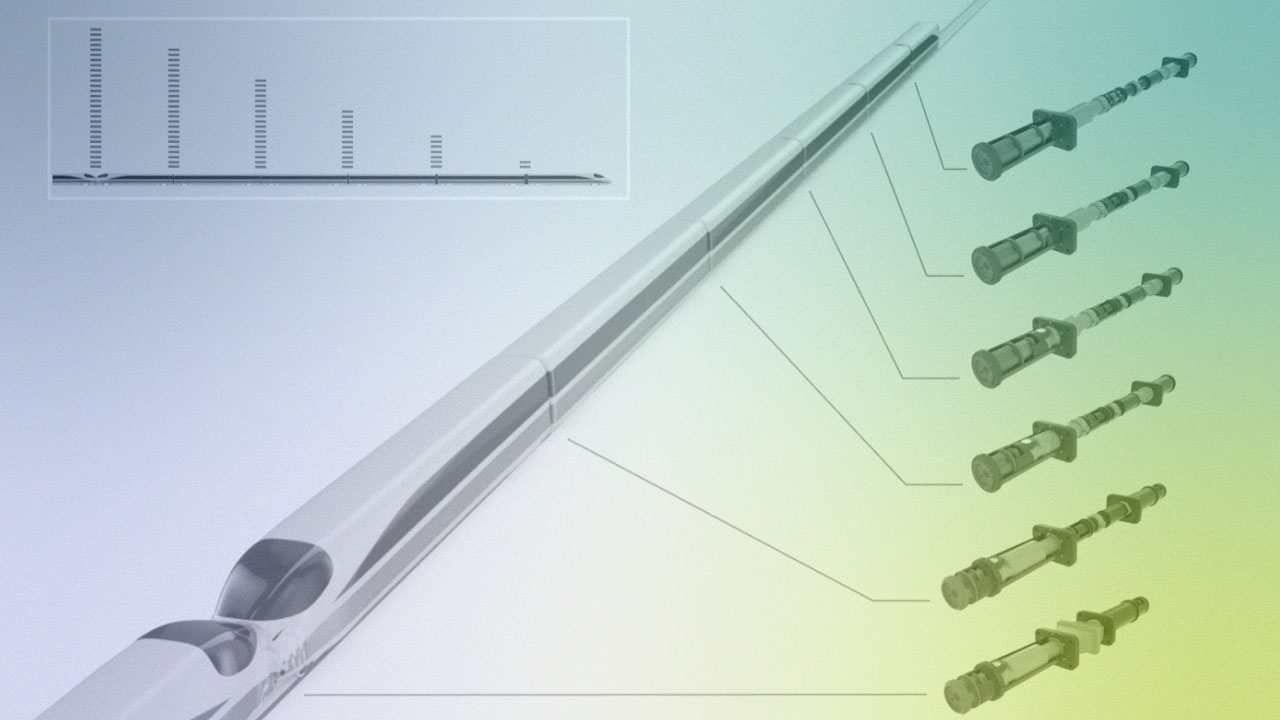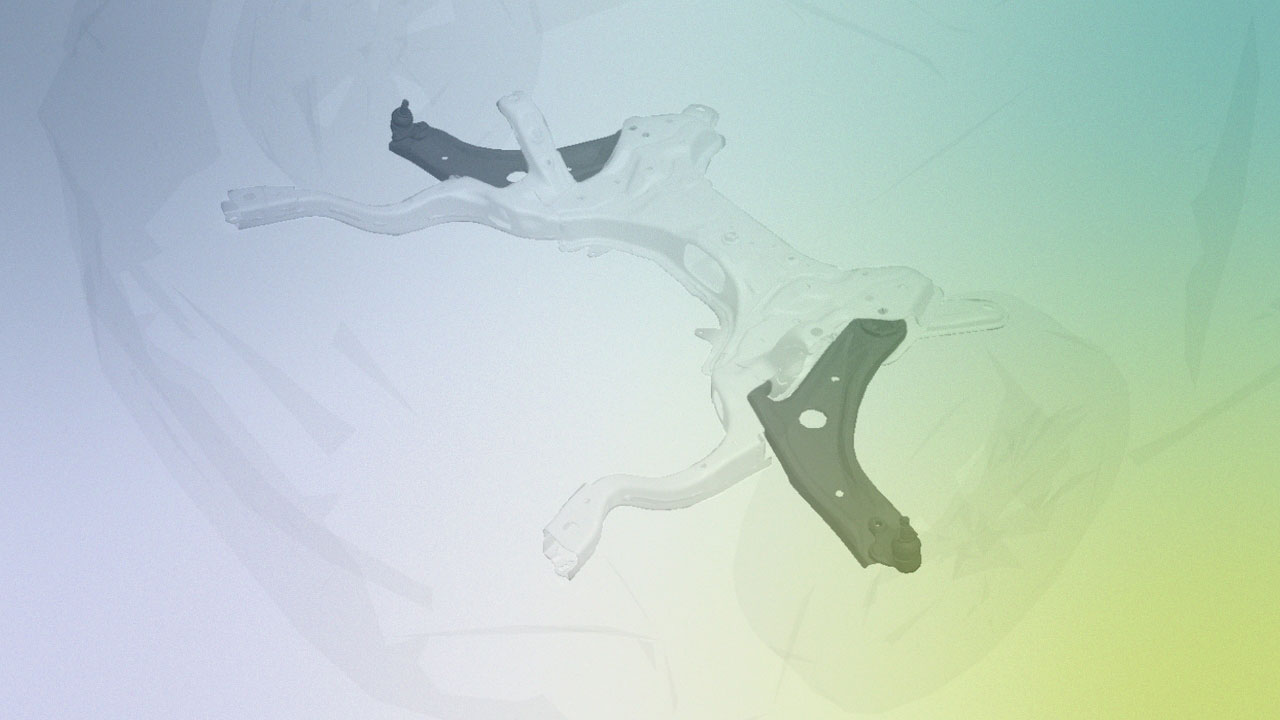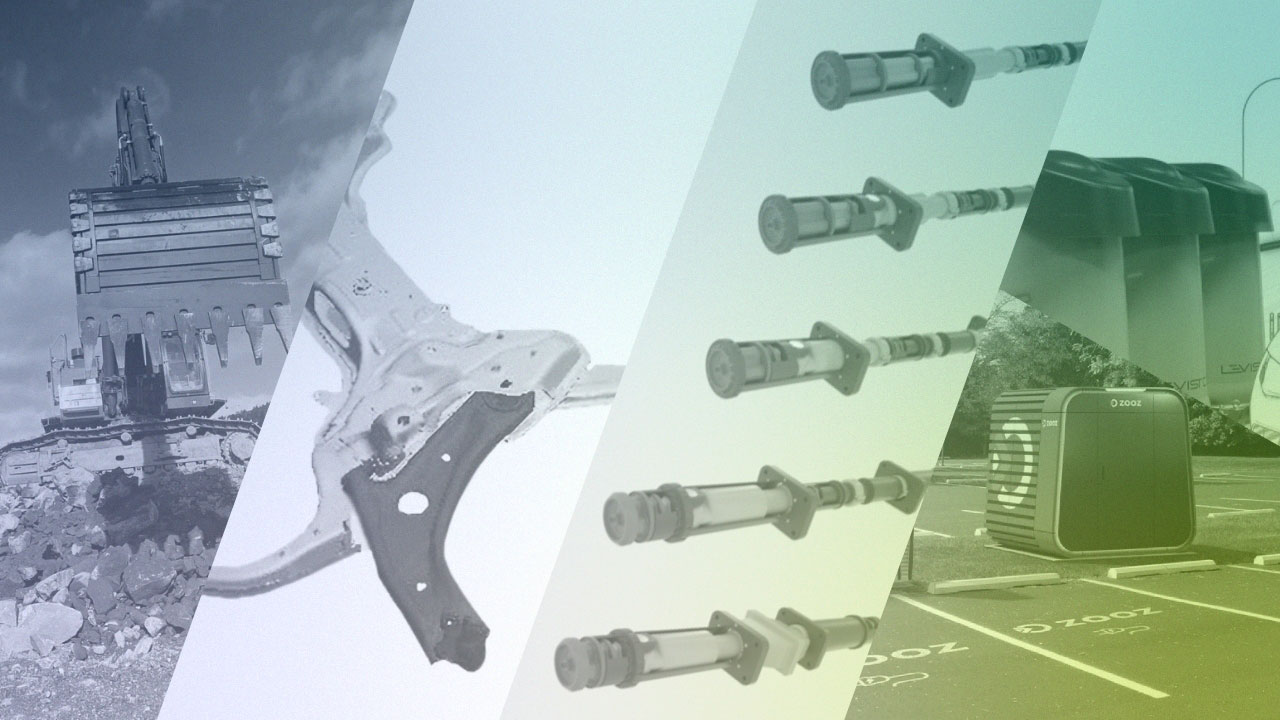Mechanical battery breakthrough
As grids decarbonize and intermittent power becomes more common, mechanical batteries can provide electrical grids with a much-needed way of smoothing out peaks and troughs. For example, when power boosting the grid for fast charging of electric vehicles, they offer an economical, robust and environmentally sound alternative to chemical batteries.
Although building on different strategies and different steel properties, Levistor and ZOOZ have landed upon similar solutions for making mechanical batteries safe, cost-effective and sustainable. By using laminated steel, they are taking flywheel technology into the 21st century.
What is a flywheel?
A flywheel is a mechanical device that, like a spinning top, stores energy as it rotates. The rotational energy is proportional to the mass of the rotor and the square of the speed (spinning twice as fast stores four times the energy). A flywheel can be used to accumulate and store large amounts of mechanical energy for later use. To turn the rotational energy into a powerful burst of electricity, the spinning force is used to drive a generator.
Based on this technology, the advanced mechanical batteries developed by Levistor and ZOOZ can be charged with old grid technology, and as the flywheel goes faster and faster it builds up for a high-energy output.
Steel for safety
Flywheel technology sets enormous forces in motion and earlier flywheels have often been buried underground or surrounded by heavy shielding for safety. With their innovative use of laminated steel, Levistor and ZOOZ have created plug-and-play solutions that make this technology safe, cost-effective, and accessible. The use of steel also makes these mechanical batteries recyclable and sustainable.
Levistor, Great Britain
“Currently people are trying to boost the grid for charging electric vehicles with lithium-ion batteries. Not because it’s the best technology, but because they have no other solution,” says Matthew Journee, CEO and one of the founders of Levistor in London.
Lithium-ion batteries are expensive and degrade with use. Levistor’s flywheel technology, by contrast, can charge/discharge constantly, at full power, with practically no wear. Applications include grid boosting, industrial micro-grid management, and ultra-rapid charging of electric vehicles.
With their innovative use of laminated premium hardenable steel from SSAB, Levistor has created a mechanical battery that is inherently safe. Laminated steel makes the rotor extremely durable, it also eliminates the difficulties of containing the flywheel if it should come apart. Steel is also a cost-effective material and makes production uncomplicated, allowing for rapid scalability. And where chemical batteries struggle with raw materials sourcing, degradation and end-of-life issues, Levistor’s flywheel technology has lower embodied carbon, long life and easily recycled components.
“Net zero steel will make it an even more sustainable solution,” says Matthew. “At Levistor we believe laminated steel is the only way to make flywheel technology commercially successful. We have taken this approach for a reason.”
ZOOZ, Israel
Ilan Ben David at ZOOZ is a serial entrepreneur. What he saw when he went looking for an opportunity in energy storage disturbed him: “Everybody was going after chemical batteries, but battery recycling is a very toxic industry. Recycling new generation lithium ion batteries is not easy. In many cases not economical, either.”
Ilan and his colleagues, based on their understanding of the EV charging challenges faced by ordinary grids, have developed mechanical batteries based on flywheel technology that enables ultra-fast electric vehicle charging anywhere. Typically, a fast charger is expected to charge up to 20 electric vehicles per day, or about 7,000 cycles over a year. This would result in rapid degradation in a chemical battery. ZOOZ’s alternative, however, undergoes no degradation, is recyclable, and opens up for safe, ultra-fast EV charging stations virtually anywhere. Their 2nd generation product – the ZOOZTER™-100 – has already been deployed in several customer sites.
With their innovative flywheel design using laminated hot rolled high performance steel, ZOOZ have achieved a safe solution that eliminates the risk of a full rotor disintegration. Using steel also makes their power booster cost-effective and sustainable. “Because of the recyclability of steel we can really contribute to a circular economy,” says Ilan.
High power, short duration niche
By 2030 more than 120 million electric vehicles are expected to be on the road, but only 30 percent of the world’s suitable locations for a fast-charging system have the required power supply. Mechanical batteries are perfectly suited for high-power, short duration applications of this kind. With their innovative use of steel, Levistor and ZOOZ are making them safe, cost-effective, sustainable, and accessible to the mass market.
